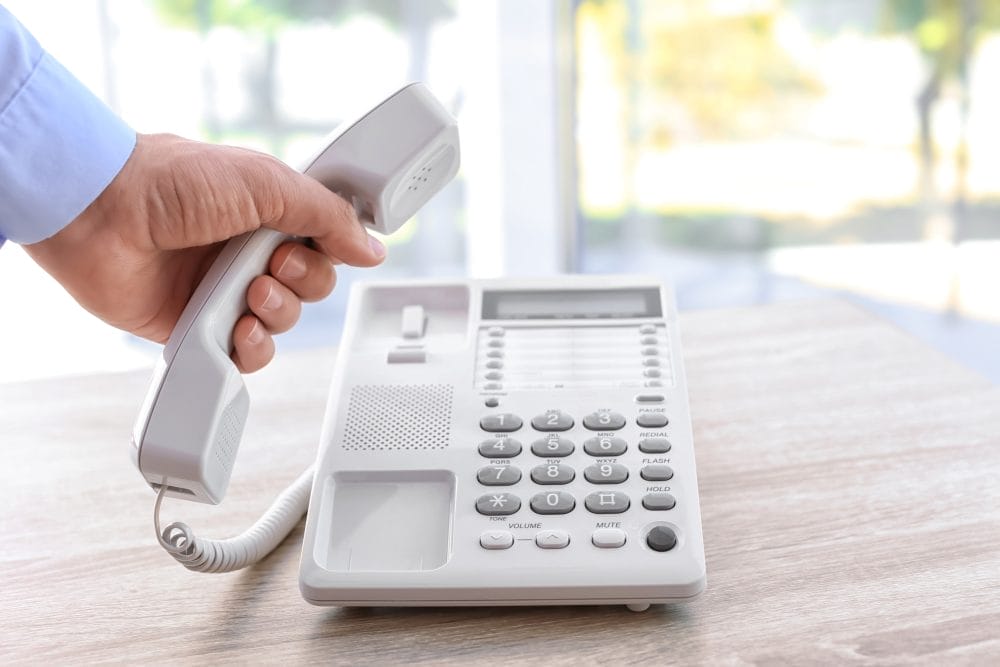Some expenses sneak into the budget like old habits that just won’t quit. Boomers, in particular, often stick with what’s familiar—even if it costs more than it should. The result? A slow leak in the wallet that adds up to thousands over time.
From outdated bills to loyalty-driven overspending, these everyday costs deserve a closer look. Here are the expenses that continue to drain bank accounts without many realizing it.
1. Cable TV Packages
Cable companies love loyal customers, and many boomers have been loyal for decades. The problem is that streaming services now offer more shows and movies for a fraction of the cost. Yet millions still pay for oversized channel bundles they barely use. Sports, news, and classics can all be streamed for far less. Sticking with cable is like still renting DVDs when everyone else has Netflix.
2. Landline Phones
The home phone used to be a lifeline, but now it’s more of a museum piece. Many boomers keep their landlines out of habit, even as cell phones handle everything better and cheaper. Those monthly bills can quietly add up to hundreds a year. Unless there’s a specific need, it’s an expense that rarely makes sense anymore. The phrase “call waiting” doesn’t even mean much in an age of smartphones.
3. Prescription Medications
Pharmacies aren’t all priced the same, yet countless boomers never shop around. Brand loyalty can make them pay more than necessary when generics work just as well. Discount programs and online pharmacies often slash costs dramatically. But comfort with the “old reliable” pharmacy keeps many paying inflated prices. Health is priceless, but prescriptions don’t have to be.
4. Insurance Premiums
Auto, home, and life insurance rates often creep up year after year. Many boomers accept the increases without checking if better deals exist elsewhere. Shopping around or bundling policies can save hundreds annually. Loyalty may feel safe, but insurers often reward new customers more than longtime ones. Paying the renewal bill without comparison is essentially tipping the insurance company.
5. Bank Fees
Traditional banks thrive on small but steady fees for accounts, overdrafts, and paper statements. Digital banks and credit unions now offer no-fee options, but many boomers stick with the big names they’ve always used. Over time, these “minor” charges can become a serious drain. Switching could mean keeping more money where it belongs—in savings, not fees. Familiar logos don’t always mean financial security.
6. Extended Warranties
Electronics and appliances come with warranties, but stores push extended coverage hard. Boomers often buy them for peace of mind, even when the manufacturer already provides strong protection. Most of the time, the extra warranty never gets used. That makes it one of the highest-profit add-ons in retail. In reality, it’s like paying extra rent for something you already own.
7. Groceries
Brand loyalty runs deep, and many boomers buy the same labels they’ve trusted for decades. Store brands often taste the same and sometimes are made by the same companies, at lower prices. Sticking with old habits can mean paying more for nothing but packaging. Coupons and rewards programs have also moved online, where many don’t bother looking. The weekly grocery bill could shrink with just a few switches.
8. Energy Bills
Older homes often rely on outdated appliances, poor insulation, and inefficient lighting. This keeps monthly energy bills higher than necessary. Boomers who don’t upgrade or shop for better utility rates often overpay year-round. Small changes like LED bulbs, smart thermostats, or sealing drafts can save big. Yet, many keep paying for wasted power without realizing the true cost.
9. Travel Costs
From flights to hotels, boomers often prefer booking directly with companies they’ve used for years. Travel sites and apps now offer significant discounts, but loyalty wins out. That means spending more on the exact same seat or room. Add-ons like insurance or baggage fees are also accepted without much question. The result is vacations that cost hundreds more than necessary.
The High Price of Familiarity
Overpaying often comes down to comfort and routine rather than necessity. Boomers aren’t wrong for sticking with what they know, but it usually comes at a cost. A little research and flexibility can turn many of these recurring bills into serious savings. Money saved on outdated expenses can fuel experiences, family fun, or future security instead.
Which of these costs have you noticed creeping into your budget? Share your thoughts below.
You May Also Like…
Why Baby Boomers Feel Betrayed by the System They Helped Build
10 Unfair Stereotypes About Baby Boomers That Need to End
Are Baby Boomers Being Shamed for Living the American Dream?
Why Social Security Overpayments Are Being Collected After Death
7 Overlooked Expenses That Hit New Parents the Hardest






